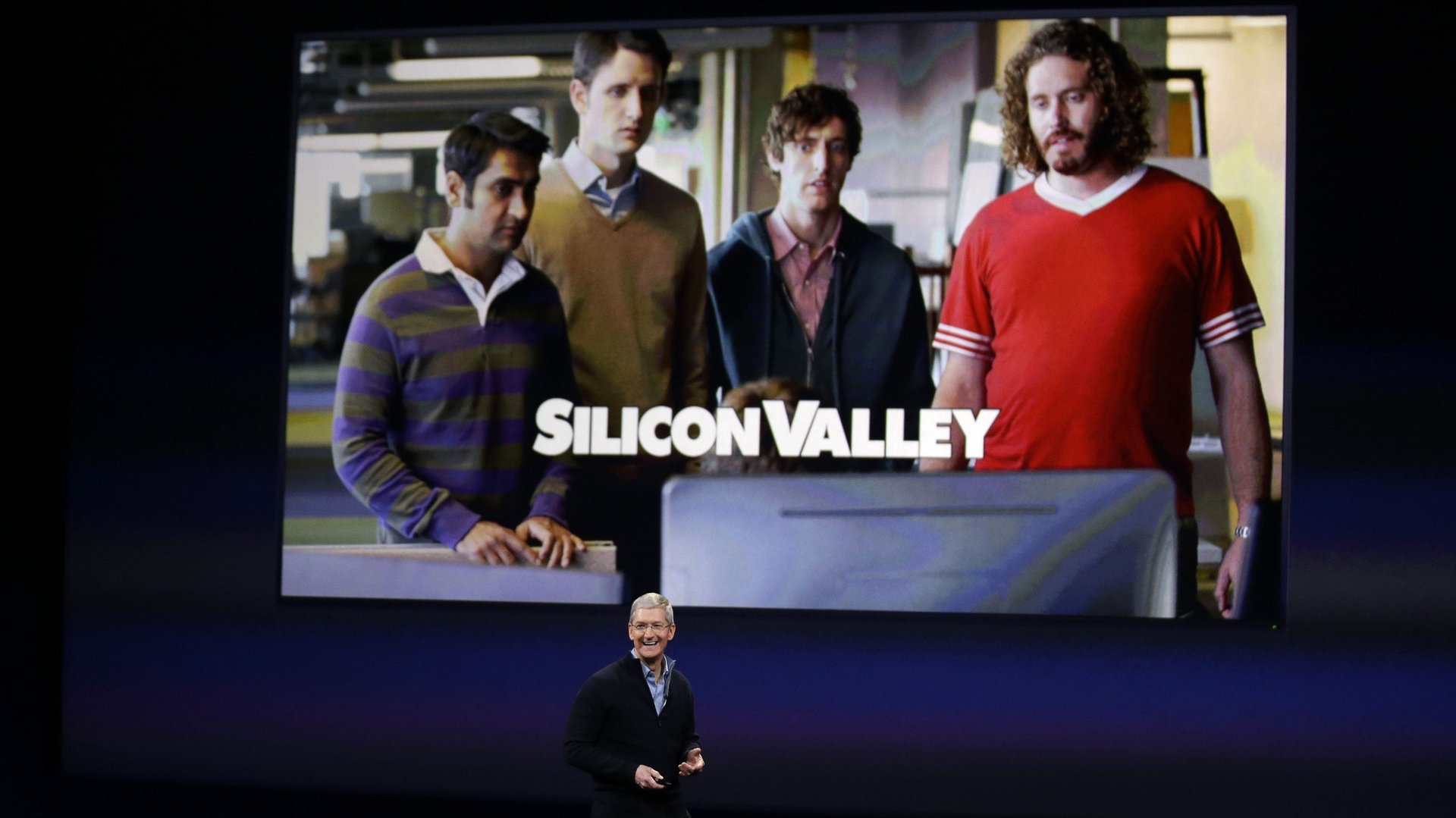The tech bros are older than you thought
The stereotypical startup founder is a 20- or 30-something man, probably white, probably wealthy. He wears a fleece vest, rides electric scooters, and drinks Blue Bottle coffee. You could be forgiven for mixing him up with a college frat guy.


The stereotypical startup founder is a 20- or 30-something man, probably white, probably wealthy. He wears a fleece vest, rides electric scooters, and drinks Blue Bottle coffee. You could be forgiven for mixing him up with a college frat guy.
So we’ve been told by movies like The Social Network and shows like HBO’s Silicon Valley, and accolades like the Thiel fellowship, which hands out $100,000 grants to people younger than 23. Previous academic research has put the mean startup founder age at about 30. But according to a recent working paper (pdf), “Age and High-Growth Entrepreneurship,” the tech bros are older than you thought.
The study, from researchers at MIT, Northwestern’s Kellogg School of Management, and the US Census Bureau, finds that the mean founder age is actually 42. For the top-performing 0.1% of startups, it’s 45.
Mark Zuckerberg famously said, “young people are just smarter.” (That was when he was 22. He’s 33 now.) But young startup founders tend to have fewer connections, which can make it harder to get funding. They have less experience and fewer areas of expertise; previous research has found that past success predicts future success (pdf) in entrepreneurship, and young founders often run into problems when it comes to hiring and actually managing a company. So it makes sense that the recent paper concludes that ”younger founders appear strongly disadvantaged in their tendency to produce the highest-growth companies.”
The working paper (which has not yet undergone peer review) combines data from the IRS and US Census with information from the US Patent and Trademark Office and third-party research on venture capital. “We find no evidence to suggest that founders in their 20s are especially likely to succeed,” the authors write. “Rather, all evidence points to founders being especially successful when starting businesses in middle age or beyond, while young founders appear disadvantaged.”
Why then the persistent myth of the startup wunderkind? Young people are generally considered more creative and more open to taking risks. That pairs well with the Silicon Valley mantra of “move fast and break things.” The new paper theorizes that venture capitalists might also prefer to make low-floor, high-ceiling bets on young people, who are more likely to need early-stage financing and might be less savvy in negotiating their financing deals.
Our culture also rewards stories about the young. People love to read about the nerdy kid who built a multibillion-dollar company in his dorm room or the young Tinder founder who was ousted and sought a comeback. Travis Kalanick was over 30 when he founded Uber, but his bro-y swagger and frat-boy attitude elevated him to microcelebrity. Imagine the Social Network without the angsty music and brooding shots of Harvard final clubs. It would be a much less entertaining movie.